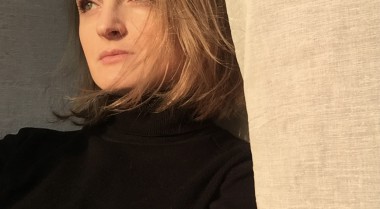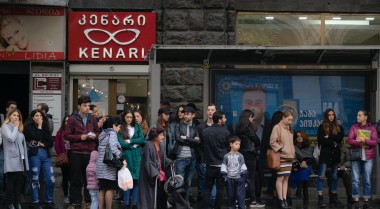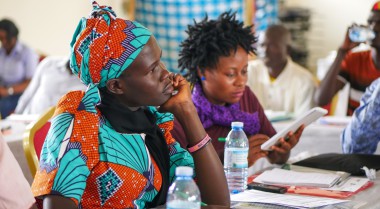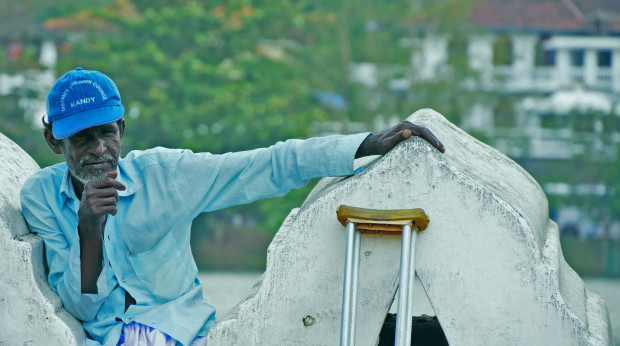
Including women in peacebuilding and conflict prevention: concrete learnings from GPPAC Gender Experts
How do we meaningfully include women and girls in peacebuilding and conflict prevention? Our Gender Experts explored this question during GPPAC Learning Month, bringing local peacebuilders together for a cross-regional knowledge exchange. During the event, we could listen to the many success stories of our members who promote gender equality and women's participation in peacebuilding and conflict prevention. Their inspiring examples highlight how we can harness the power of our network to create spaces for women and girls to be key agents of change.
Strengthening capacity: GPPAC innovative tools for gender training
Our Gender Expert Lucy Nusseibeh from Palestine, has been part of our network for many years, and one of the most prized achievements for her is the development of GPPAC's Gender Toolkit. It is a set of practical exercises that help raise awareness of the consequences of harmful gender norms in conflict-affected societies. As an experienced trainer, Lucy loves recounting the story of her training in Botswana with the GPPAC Southern Africa Network. This was the first time our Gender Toolkit was applied, and its success was immediate, as Gender Focal Point, Chigedze Virginia Chinyepi, recalled. Following the training in Botswana, our members immediately began to share the knowledge and skills they had gained with the other networks of the region. This experience truly captures our network's multiplier effect, where knowledge and learning can flow freely between experts and local peacebuilders.
Building a dialogue between peacebuilders and decision-makers: a success story from South Asia
As we learnt from Lucy and Chigedze's experience in Botswana, the value of our networks lies in its ability to bring people together for meaningful conversations on relevant issues for their communities. The ability to build connections does not stop at peacebuilders and civil society representatives; it can also extend to local leaders and decision-makers. Our Gender Focal Points from South Asia, Saloni Singh and Visaka Dharmadasa, shared an incredible success story from Nepal, where a meaningful encounter occurred between civil society activists and local women parliamentarians. During a Gender Focal Point Capacity Building Workshop, women could engage in an interactive and open conversation, which was facilitated by our Gender Experts. There, they found the space to share their commitment to promoting gender inclusivity in Nepal's governance and peacebuilding. These are the moments when we witness our members' power to stimulate change in their societies. As the knowledge flows from experts to peacebuilders and decision-makers, we can appreciate the network's ability to provide safe spaces where the exchange of expertise can continue to flourish.
Moments for knowledge exchange: GPPAC Gender Learning Events
The contributions of Lucy, Chigedze, Visaka, and Saloni are only some of the many inspiring examples of how our network promotes gender and inclusivity in peacebuilding. The conversation that started with GPPAC Learning Month will continue with more learning events and insightful discussions. We intend to continue learning from the experiences of our members and the many different ways in which they strive to achieve change in their communities. By promoting knowledge-sharing opportunities across our network, we will turn our commitments to gender equality and women's empowerment into concrete and effective actions.



